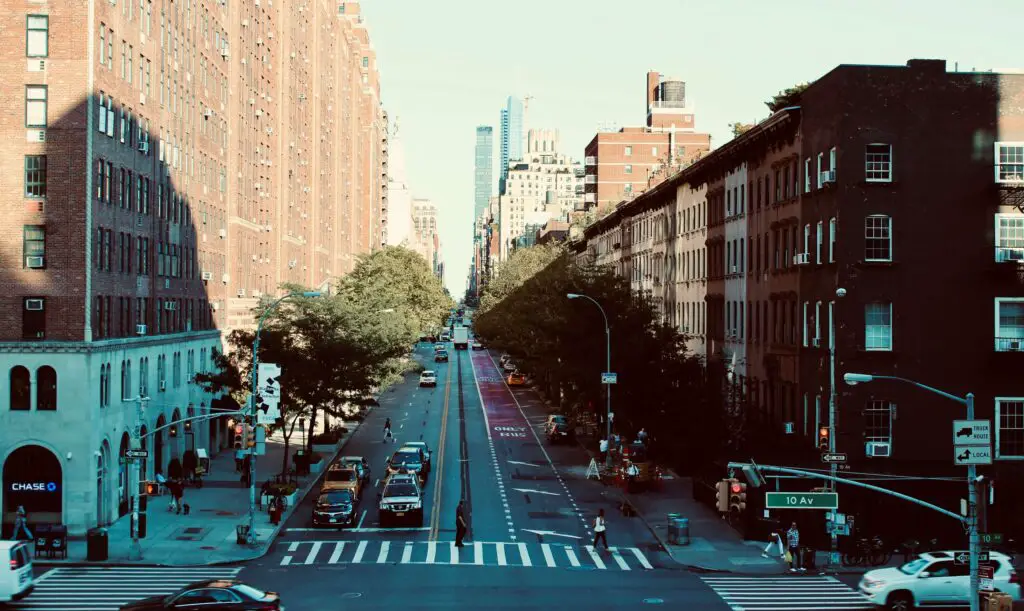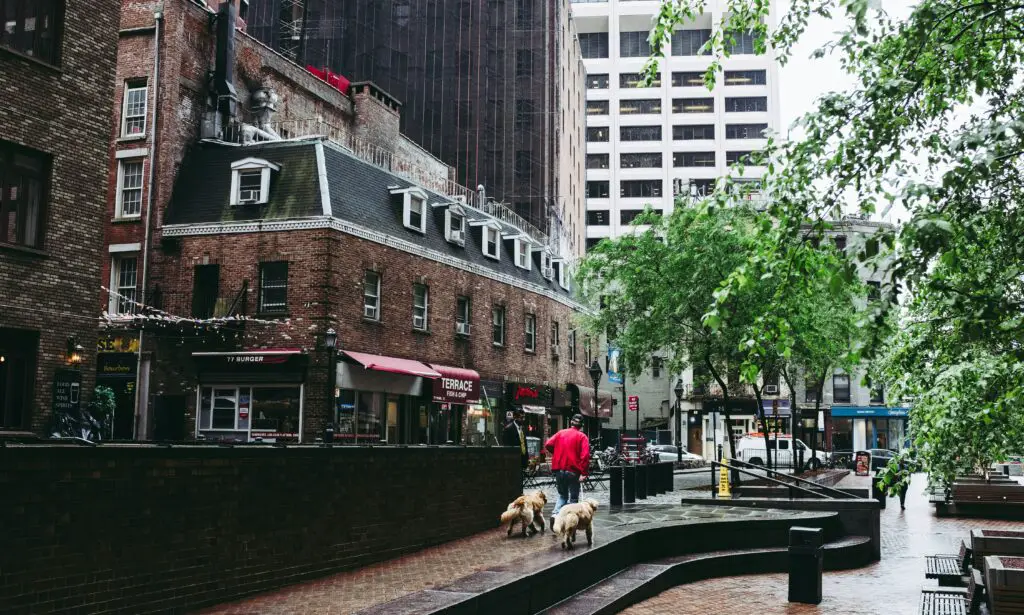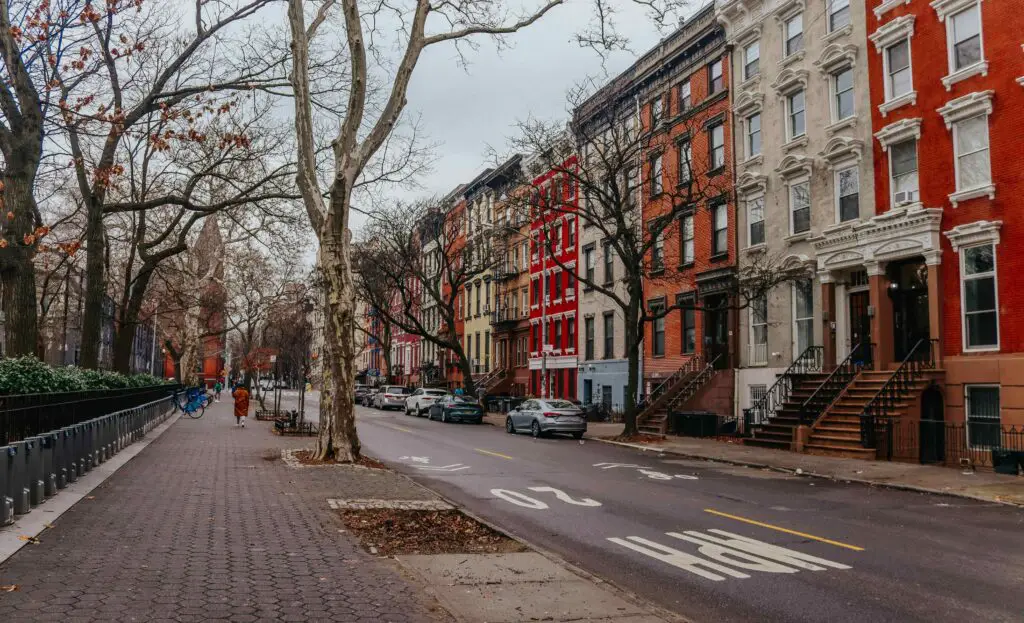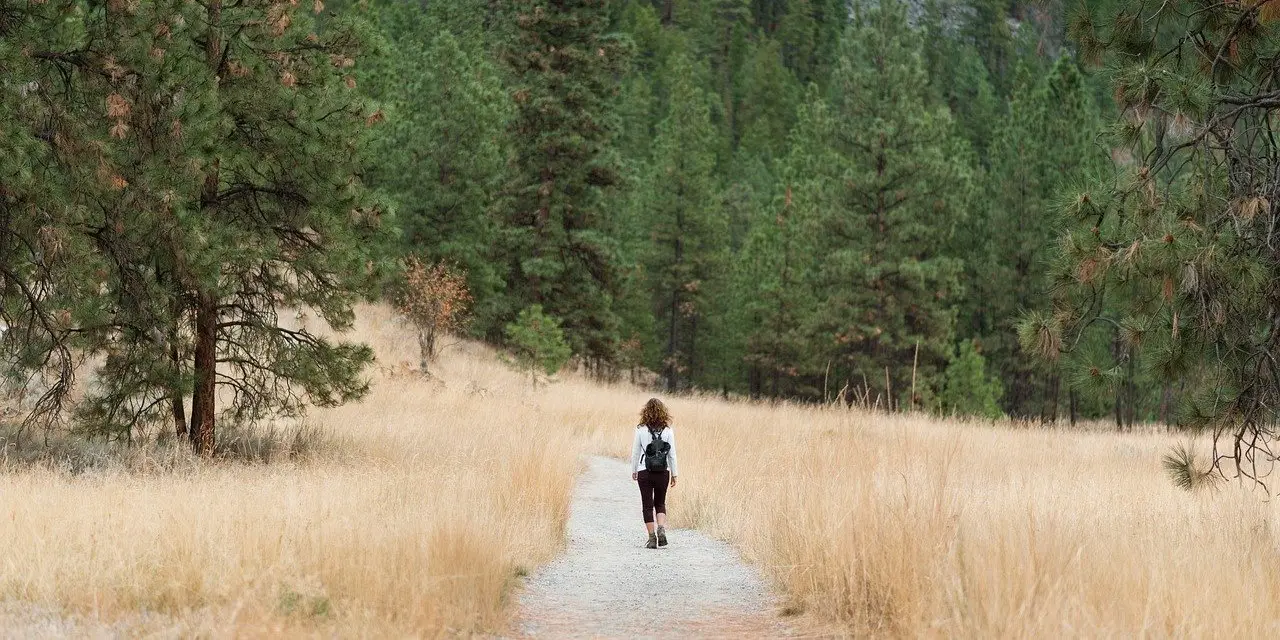
Traveling alone in Nebraska offers women the unique opportunity to connect with vast prairies, dynamic urban centers, and warm Midwestern hospitality—all while charting their destiny with care and confidence. For the solo traveler, each winding road or quiet backstreet represents endless possibility and the importance of being well-prepared. This guide presents practical safety tips for women, ensuring that every aspect of your journey is secure, enriching, and empowering.
Our approach is rooted in proactive planning and real-world advice that can help you confidently navigate Nebraska’s picturesque landscapes while remaining alert, self-sufficient, and aware of your surroundings. Whether you’re exploring charming rural towns or the bustling streets of cities like Omaha and Lincoln, having a detailed plan, reliable tools, and trustworthy resources can make all the difference.
With expert guidance—from arranging accommodations to staying connected with loved ones—you’ll discover that careful preparation transforms potential challenges into opportunities for personal growth. As you embark on this adventure, remember that the key to a successful solo journey is balancing daring exploration with steadfast safety practices. Embrace your independence and let these safety tips for women serve as a roadmap, empowering you to transform every step of your travel into an empowering experience.
Understanding Nebraska: A Land of Opportunity and Hidden Treasures
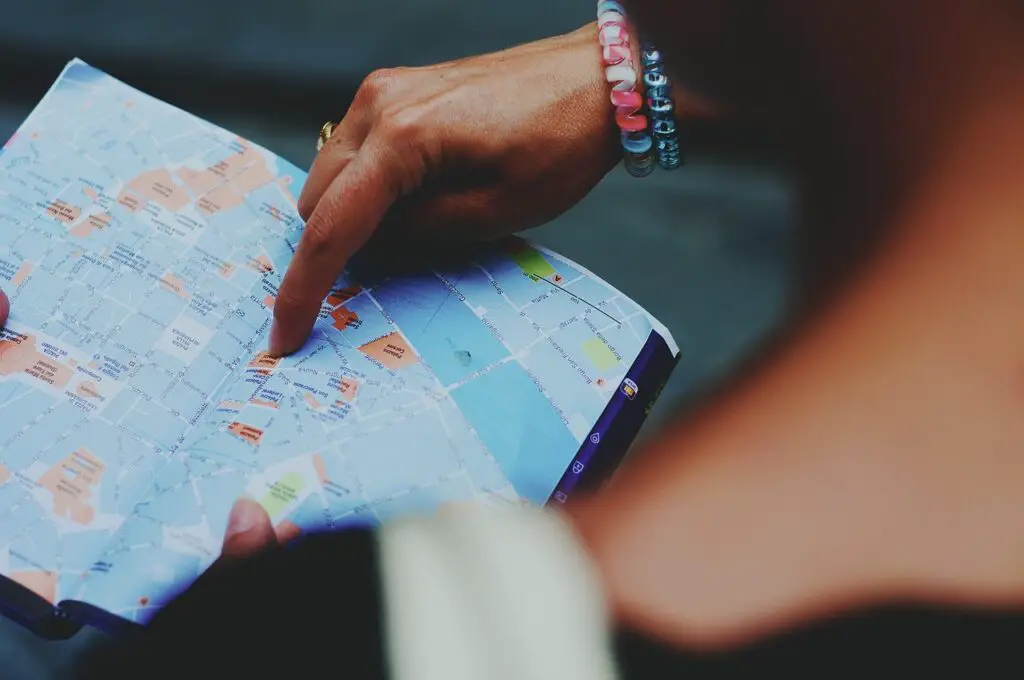
Nebraska is not just a dot on the map—it is a vibrant tapestry of rugged natural beauty and welcoming communities that embody the spirit of the Midwest. The state’s endless plains, striking sunsets, and charming small towns create an environment where solo travelers can find both serenity and adventure. Nebraska’s urban hubs, such as Omaha and Lincoln, pulse with cultural offerings like art galleries, eclectic eateries, and local festivals that highlight the best of Midwestern hospitality.
In exploring these contrasting landscapes, travelers quickly learn that Nebraska provides a safe space for self-discovery and empowerment. Its diverse character means that every journey undertaken is to be celebrated, as you move comfortably between the peaceful solitude of nature and the stimulating energy of its cities.
Moreover, understanding the regional context is key: Nebraska sits proudly within the larger Midwest USA, a region known for its friendliness and community spirit. This familiarity with Midwestern culture not only enhances your travel experience but also reinforces the importance of tailored safety practices that respect local nuances while empowering your solo adventure.
Meticulous Pre-Trip Planning and Research
Before setting off on your Nebraska journey, detailed planning is essential to ensure both your safety and overall enjoyment. Start by mapping out your itinerary with precision—consider using a personal travel planner to organize every segment of your trip. Establishing a clear route helps minimize risks by keeping you informed of where you’re going and what to expect along the way. Delve into local resources and reputable websites to gather information on transit options, weather patterns, and neighborhoods known for their secure environments. Comprehensive research, including insights from trusted travel tips, can reveal hidden gems and potential pitfalls that only a well-informed traveler would anticipate.
When studying the map of Nebraska, pay attention to both major urban centers and lesser-known rural areas. While the cities offer modern amenities and prompt emergency services, the countryside provides a peaceful retreat that demands extra precautions, especially when venturing off the beaten path. It is also worthwhile to explore itineraries that span neighboring states.
For instance, if you’re curious about expanding your trip, consider checking out an Iowa Travel Hacks article for fresh ideas, or even plan a South Dakota Road Trip if you wish to see more of the Great Plains. Similarly, developing a North Dakota Itinerary can offer additional structure if your wanderlust carries you farther afield. Such external perspectives complement your focused planning, ensuring your journey is as dynamic as it is safe.
Practical Safety Measures On the Road
Ensuring your safety while traversing Nebraska requires a combination of mindfulness, preparedness, and sensible precautions. As you set out each day, keep in mind that proactive measures will bolster both your physical security and mental well-being.
Personal Health and Self-Care
Never underestimate the importance of self-care when traveling solo. Maintaining your health is paramount; always carry a first-aid kit and any crucial medications. Listen to your body—adequate rest, proper nutrition, and hydration are central to remaining alert throughout your journey. Remember that safety begins with feeling your best. If you begin to feel fatigued or overwhelmed, it’s perfectly acceptable to slow down and recharge before venturing further.
Essential Personal Security Tools
A few simple tools can make a significant difference in your safety. Items such as a personal alarm, a whistle, or even a compact self-defense device can deter unwelcome attention and alert others if needed. In low-light conditions or during solitary evening walks, a reliable flashlight becomes indispensable. Additionally, equip yourself with portable power banks to keep your mobile phone operational at all times—a critical asset during emergencies. With technology as your ally, you are always just a call or text away from reaching out to those who care for your well-being.
Staying Connected and Informed
Maintaining digital connectivity is another cornerstone of safe solo travel. Ensure your mobile phone remains charged and that you have access to local data by purchasing a compatible SIM card if required. Safety apps that provide real-time location sharing with trusted contacts can enhance your sense of security. Consider scheduling periodic check-ins with friends or family members. Should an unexpected event occur, being able to quickly notify someone of your location is invaluable. These digital practices, when combined with your overall preparedness, help create a safety net that supports your adventurous spirit.
Navigating Nebraskan Roads: Safety and Outdoor Adventures
Nebraska’s roads, whether weaving through its vast farmlands or bustling downtown streets, require both vigilance and practicality. Whether you’re behind the wheel or exploring scenic trails on foot, adhering to key safety practices is essential.
Traffic and Vehicle Safety
For many solo travelers, renting a vehicle is the most convenient way to explore. Before you embark on any road trip, conduct a basic vehicle inspection: check tire pressure, fuel levels, brake functionality, and ensure all lights are operational. Familiarize yourself with local traffic rules, which may differ from urban road rules once you head into rural areas. To add an extra layer of security, share your planned route and expected arrival times with someone you trust.
Trail Safety and Nature Preparedness
Nebraska’s natural environment, while awe-inspiring, demands respect and preparation. When hiking or exploring state parks, dress appropriately for the weather; layers and durable hiking boots are must-haves. It’s best to stick to well-traveled trails and avoid venturing alone into isolated areas during early morning or late evening hours. Always inform someone of your intended route and expected return time before setting out. Pack essentials such as water, nutritious snacks, a map, and portable safety items. Spending time with nature is a tremendous joy, but it is even better when enjoyed with the assurance that you’re equipped to handle unexpected shifts in conditions.
Weather and Environmental Awareness
Nebraska is known for its variable weather, which can change rapidly, shifting from clear skies to unpredictable storms. Always check the forecast ahead of your scheduled trips, and pack accordingly. Keeping a lightweight, weatherproof jacket or emergency raincoat handy can save you from the discomfort and danger of sudden changes. Cultivating an awareness of the local environment is as critical as mastering the road conditions themselves. By remaining informed and flexible in your plans, you transform potential inconveniences into manageable challenges, ensuring that no weather event derails your adventure.
Engaging with Local Culture Responsibly

One of the richest rewards of traveling solo is the opportunity to engage deeply with local culture. Nebraska’s communities are celebrated for their authentic warmth and distinctive traditions. By approaching cultural exchange with respect and curiosity, you not only ensure your safety but also enrich your travel experience.
Connecting with Locals and Building Rapport
Establishing genuine connections in Nebraska can lead to indispensable local insights. Chat with community members, ask for recommendations, and listen to stories that illustrate the area’s unique history. For instance, when it’s time to grab a bite or unwind after a day of exploration, using the handy resource Nearest Restaurant to You can help you find popular local eateries where the conversation flows as easily as the community spirit. Engaging in these interactions builds trust, making it easier to navigate unfamiliar territory while staying informed about safe paths and local customs.
Leveraging Local Resources
Local visitor centers, libraries, and community boards are treasure troves of current safety information, cultural events, and logistical advice. Don’t hesitate to pick up brochures or maps that highlight secure travel routes and notable historical sites. Such resources provide context that enhances your understanding of the region. In addition, supplement your research with seasoned advice from guides on Solo Female Travel. These insights come specifically from women who have embraced independent journeys, ensuring that every recommendation is rooted in real-world experience.
Respecting Customs and Local Etiquette
When interacting with new communities, sensitivity to local customs can prevent misunderstandings while fostering mutual respect. Whether you’re joining in a community celebration or simply asking for directions, a respectful and open attitude breaks down barriers. Learning a few local phrases can express your admiration for the culture and build rapport. This respectful engagement not only enhances your travel experience but also serves as a subtle yet powerful form of self-protection, helping you blend in and gain the confidence of the community.
Digital and Personal Safety in the Age of Connectivity
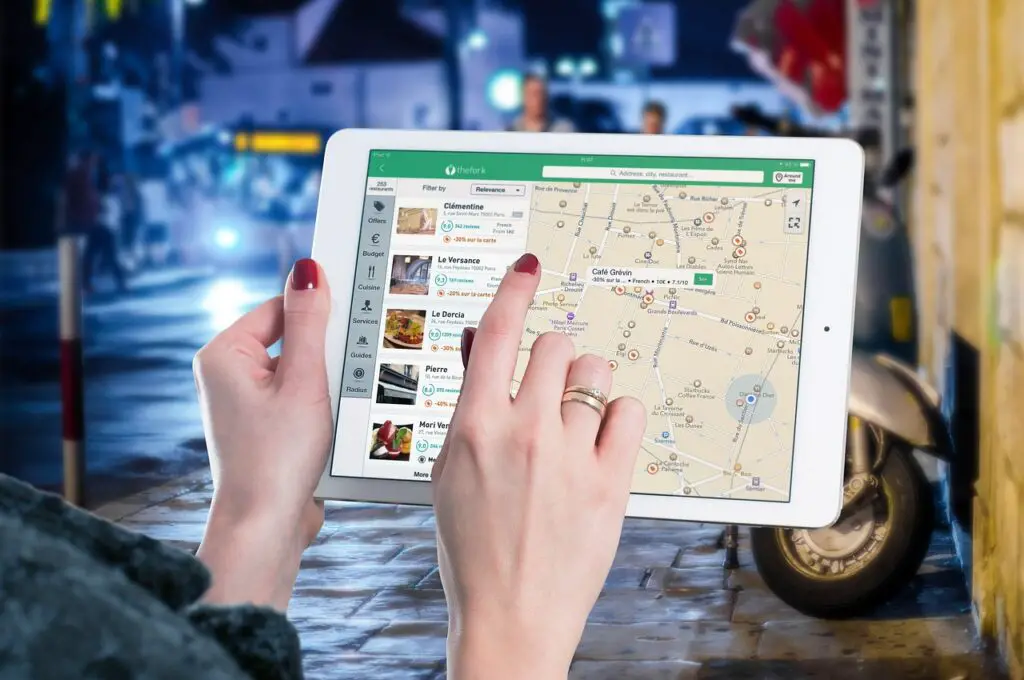
In our increasingly connected world, maintaining both your digital and personal security is paramount for the solo traveler. Robust online practices are as important as carrying physical safety tools when journeying through unfamiliar territories.
Smart Social Media Practices
While sharing your experiences on social media can be exhilarating, it’s crucial to maintain discretion about your real-time location. Avoid posting live updates that might inadvertently reveal your whereabouts. Instead, consider posting highlights only after you have moved on from a location. This strategy helps protect your privacy by reducing the chances of someone tracking your journey. Always be mindful of the information you share online—striking a healthy balance between documenting adventures and protecting your details is a key aspect of safe travel.
Guarding Against Digital Risks
When using the internet to plan itineraries or book services, rely only on credible websites and verified reviews. Whether you’re checking out local activities or learning about accommodation options, remain cautious of unsolicited offers or requests for sensitive personal details. In addition, if you’re searching for robust advice on managing travel expenses, you might find useful strategies on How to Save. The fusion of digital savvy and personal intuition forms a modern safety net that ensures every digital step supports rather than undermines your adventure.
Personal Boundaries and Privacy
Beyond the digital sphere, safeguarding your personal space is equally essential. Establish clear boundaries when interacting with strangers, online and offline. Arrange initial meetings in public locales, and do not hesitate to remove yourself from situations that feel uncomfortable. By consistently asserting your privacy, you maintain control over your environment, protecting not only your data but also your well-being. These digital and interpersonal practices, when combined with high-tech tools, create a resilient protective barrier that keeps your journey both connected and secure.
Comprehensive Travel Insurance for Peace of Mind
Lastly, in today’s age of global travel uncertainties, securing reliable travel insurance can greatly enhance your sense of security. Consider exploring options like SafetyWing, which is designed for intrepid travelers. With robust coverage in place, you gain a financial safety net that allows you to focus on the enriching experiences ahead without the constant worry of unforeseen setbacks.
Empowering Yourself Through Preparation and Awareness
Beyond physical measures and digital precautions, empowerment comes from deep self-awareness and continuous preparation. Building both your mental and physical preparedness ensures that every step of your journey is an opportunity for growth and discovery.
Investing in Self-Defense and Confidence
One of the most effective ways to spark inner confidence is by learning self-defense. Enrolling in a local class or attending a brief workshop can arm you with practical techniques that not only help protect you but also boost your self-assurance. These skills, while invaluable in emergencies, also leave you feeling empowered, knowing you’re prepared for any situation. As you grow in self-reliance, you begin to see every challenge as a stepping stone rather than an obstacle, reinforcing the bold spirit essential for solo travel.
Continuous Learning and Adaptability
Travel is an ever-evolving experience, and staying informed is key to long-term safety. Regularly update your knowledge about Nebraska’s local issues, seasonal weather patterns, and any travel advisories that might affect your itinerary. By actively seeking out expert advice—whether from regional guides or insights on Solo Female Travel—you are not only minimizing risks but also cultivating a mindset of continuous learning. This constant state of awareness ensures that no matter where your journey takes you, you’re always one step ahead.
Financial Preparedness and Smart Spending
Traveling solo can be as economical as it is exhilarating when you approach budgeting with caution. Familiarize yourself with tips on managing expenses so that you can allocate resources effectively. Small savings in daily expenses can add up significantly throughout your trip. For those seeking practical advice, browse through proven strategies on how to save. By integrating smart spending habits into your travel routine, you not only guard your finances but also enhance your overall sense of autonomy.
Tailoring Your Experience to Fit Your Needs
Every woman’s journey is deeply personal, and having the freedom to sculpt your adventure around your unique interests is a powerful motivator. Whether you are meticulously planning every detail using a personal travel planner or relying on spontaneous decisions influenced by local suggestions, the key is to remain flexible and receptive to new ideas. In doing so, you create a personalized roadmap that reflects both your passions and your commitment to safety. Your journey becomes a blend of deliberate preparation and organic discovery—a testament to the enduring spirit of fearless solo travel.
Conclusion
Nebraska invites you to embrace the freedom of solo travel while upholding your safety and independence. With thorough pre-trip planning, mindful on-the-road practices, and respect for local culture, you can confidently navigate every twist and turn of your journey. Each safety measure, from booking reliable accommodations to staying digitally secure with robust smart practices, reinforces your ability to explore with self-assurance. This balanced approach transforms challenges into opportunities for empowerment and self-growth, making your adventure not only memorable but also profoundly enriching.
As you move forward into the heart of Nebraska’s welcoming landscapes, remember that true empowerment comes from personal preparedness and the pursuit of knowledge. Trust in your preparation, leverage expert resources such as Solo Female Travel, and allow the journey to nurture your independence. With every step you take—and every precaution you embrace—you reaffirm your right to travel boldly, safely, and unapologetically.
For those looking to expand beyond Nebraska, consider exploring inspiring regional itineraries. Whether you’re curious about a North Dakota Itinerary or intrigued by a nearby South Dakota Road Trip, the greater Midwest unfolds with endless possibilities. And as you chart your course forward, remember that every well-informed decision, supported by expert travel tips and thoughtful self-preparation, cements the foundation of a truly fearless adventure. Enjoy the journey and continue to empower yourself along every mile of the way.

